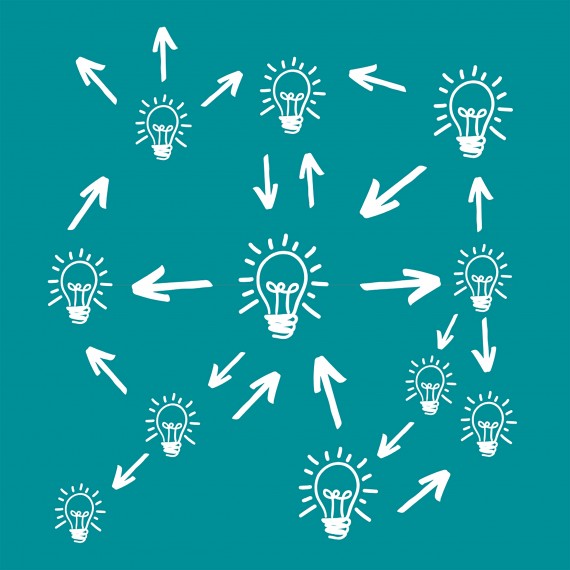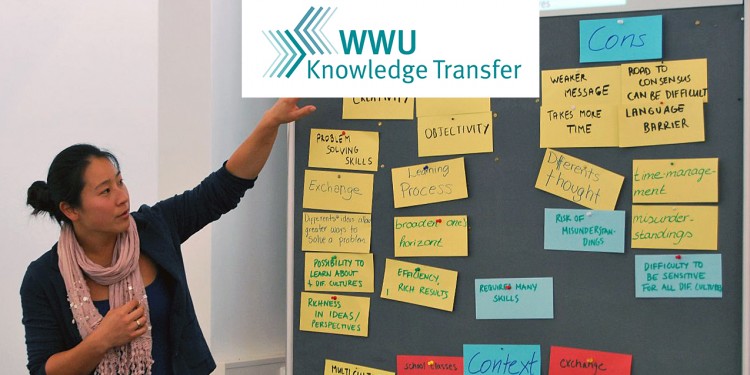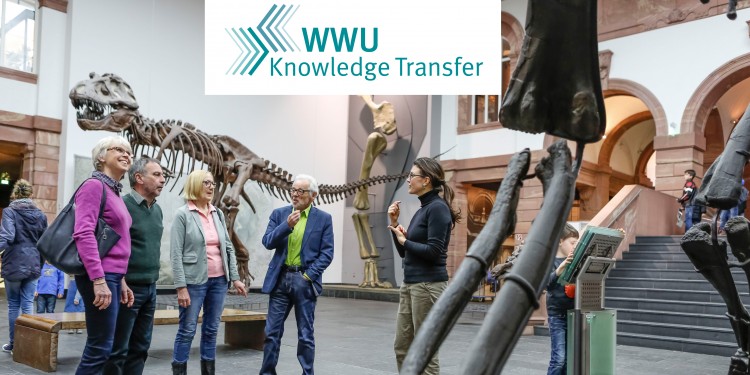
Many roads lead to knowledge transfer
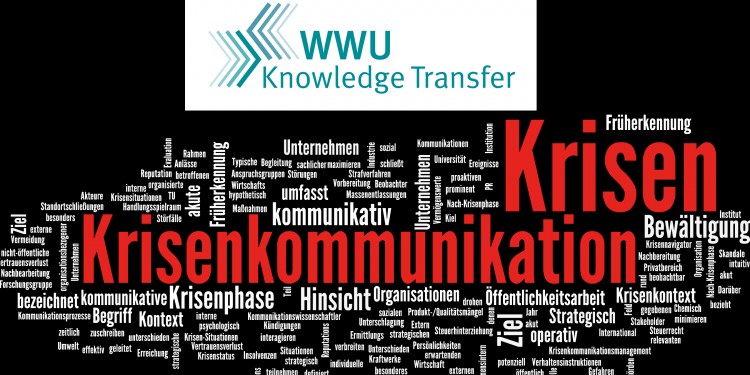
Bernd Blöbaum: "Crisis communication goes in waves."
Events

Making research easy to understand
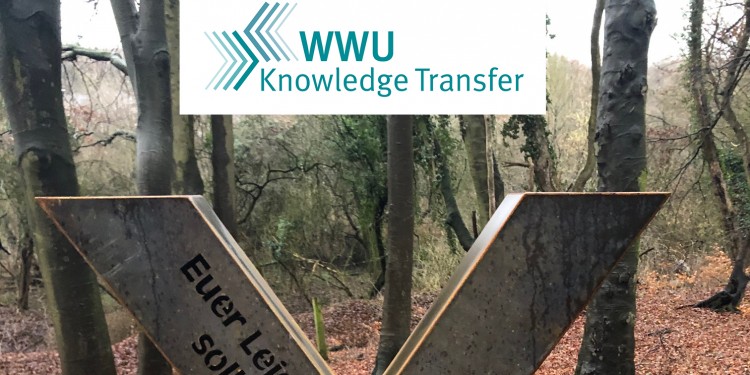
Working together as equals
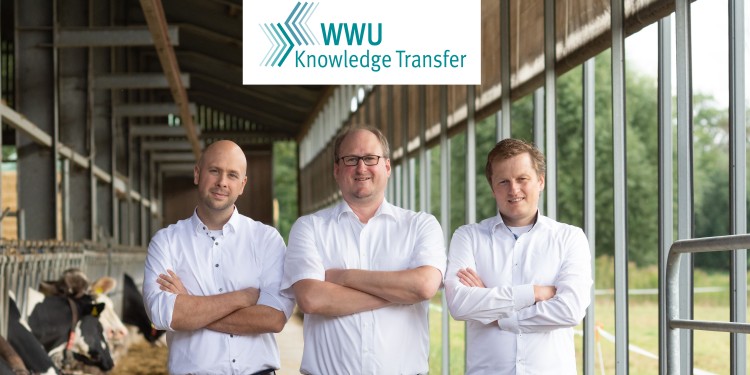
"FrachtPilot": From research associate to entrepreneur
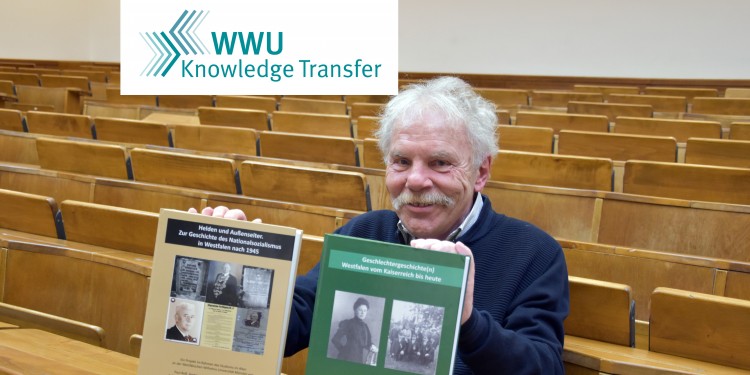
Older students as ambassadors of knowledge for the University
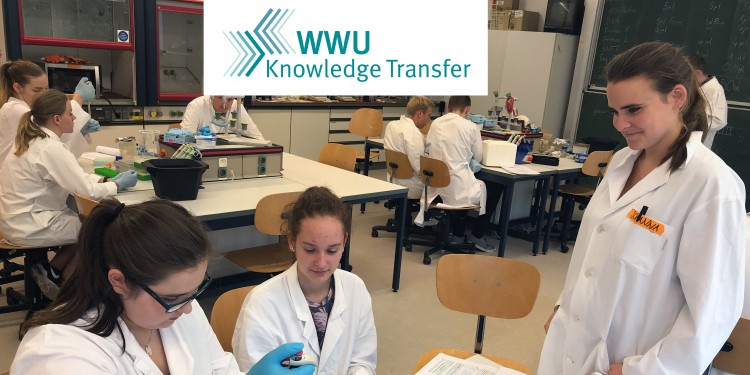
"Biology lessons at school should be exciting"
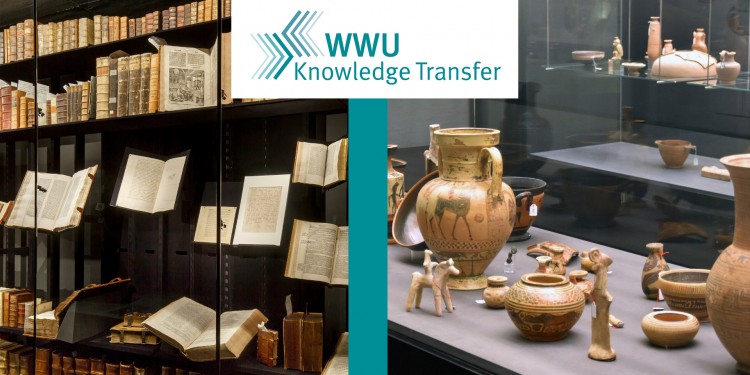
University museums: positioned between research, teaching and the public

Michael Quante on the new dossier "Knowledge Transfer at the University of Münster"

“Transfer is not something you do in your spare time”

Bringing research and teaching closer to society
Your search did not match any of our news releases.
Suggestions:
- Make sure that all words are spelled correctly.
- Try different keywords.
- Try more general filters.
- Expand the period of time.

